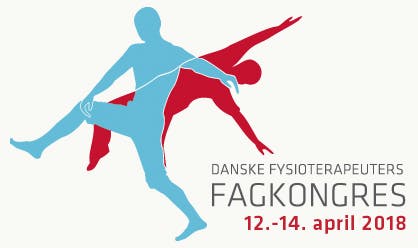ACT, psychological flexibility and treatment for chronic pain: Is there a role of physiotherapy?

- Dealing effectively with patient behavior could be the most important challenge of physiotherapy for chronic pain.
- In fact, there is no good outcome in physiotherapy for chronic pain without it being reflected positively in patient behavior.
- Presentation of principles and evidence to show whether a model called the Psychological Flexibility model might apply usefully to physiotherapy approaches to chronic pain.
Every interaction between conscious people is psychological in nature, at least in part. This most particularly includes interactions between people with chronic pain and those who assess them and provide them with health care.
Whenever a physiotherapist deems to interact with joints, muscles, or parts of the nervous system of a person with chronic pain, they also interact with the person in charge of those tissues. Further, no matter the presumed mechanism of therapeutic effect, good outcomes from treatment can be conceived as predominantly behavioral. These include the treatment recipient saying they benefitted, participating in the daily activities as they want to do, and refraining from returning to your care (or anyone else’s) if there is no benefit to gain from doing so.
These points call for physiotherapists to equip themselves with models of human behavior, and skills for assessing and changing human behavior, that are fit to the frequent and challenging problems presented by chronic pain.
Lance McCracken will present the theory and evidence around the Psychological Flexibility (PF) model and chronic pain, and the primary treatment approach focused on improving PF, a form of cognitive behavior therapy called Acceptance and Commitment Therapy (ACT). Evidence reviewed will include recent meta-analyses, studies of treatment process, and studies of PF in health care providers.
A recent trial of a brief physiotherapist delivered treatment influenced by ACT, and tested in people with chronic low back pain, will also be described.
Lance McCracken
 Lance McCracken is Professor of Behavioural Medicine at King’s College London. He has held his post in the Health Psychology Section of the Psychology Department in the Institute of Psychiatry, Psychology, and Neuroscience (IoPPN) since 2011. He is also a Consultant Clinical Psychologist and the Psychology Lead at the INPUT pain management centre at St Thomas’ Hospital in London.
Lance McCracken is Professor of Behavioural Medicine at King’s College London. He has held his post in the Health Psychology Section of the Psychology Department in the Institute of Psychiatry, Psychology, and Neuroscience (IoPPN) since 2011. He is also a Consultant Clinical Psychologist and the Psychology Lead at the INPUT pain management centre at St Thomas’ Hospital in London.
He is on the editorial boards for numerous journals in the fields of pain and clinical health psychology, including The Journal of Pain, Health Psychology, Annals of Behavioral Medicine, Journal of Behavioral Medicine, and European Journal of Pain, where he is also Psychology Section Editor. He is a clinical researcher and has published over 220 scientific articles and chapters, and two books, most of these on treatment development for chronic pain, dating back more than 25 years.
Lance McCracken is also speaking at the symposium 'When work hurts'.
